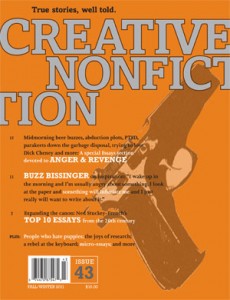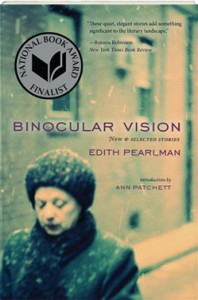If you follow me on Twitter, you may have caught my delighted announcement last Saturday about a just-accepted essay. In fact, last week was pretty remarkable, because I received two essay acceptances. But the Saturday acceptance was notable for a couple of reasons.
First, that acceptance came after the same piece (or some iterations of it) had been rejected several times. Nowhere near as many rejections as some of my short stories have suffered on their way to publication–but still, finding this piece a home was by no means a super-smooth (or super-swift) process. By the time this essay is published, nearly one year will have elapsed since I began sending it out.
Second, the accepted piece exemplifies something that seems increasingly integral to my writing practice: the micro-essay (also known as flash nonfiction). I have two other new micro-essays circulating right now (yes, one of them developed from the poetry exercise I mentioned not long ago). If you add up the word counts of the three pieces–the one that was just accepted and the two newer ones–you don’t even reach 1500 words.
I’m only beginning to understand how and why this focus is developing for me. Which is why I was thrilled to discover “Focusing on Flash Nonfiction: An Interview with Dinty W. Moore” on the River Teeth blog this week. Among Moore’s many hats is the editorship of Brevity: A Journal of Concise Literary Nonfiction.
In addition to sharing his expert take on crafting flash nonfiction, Moore recommends some journals that feature this type of writing. Which reminded me of two other places where one may find potential homes for micro-essays: Pamelyn Casto’s newsletter and The Review Review‘s flash fiction resource list (also useful for flash nonfiction).
I suspect that I’ll be continuing to look for nice homes for flash nonfiction (not to mention additional places to read good examples of it), so if you have other suggestions–either for resource lists or specific venues–please share! Maybe we can come up with the “Ultimate List of Magazines & Journals That Publish Flash Nonfiction & Micro-Essays.”
 “I like being outspoken. I think that’s the way you should do it. I can be excessive. I know that. But more, in my mind, is always better than less as long as it is honest and from the heart, not some TMZ gotcha.”
“I like being outspoken. I think that’s the way you should do it. I can be excessive. I know that. But more, in my mind, is always better than less as long as it is honest and from the heart, not some TMZ gotcha.”